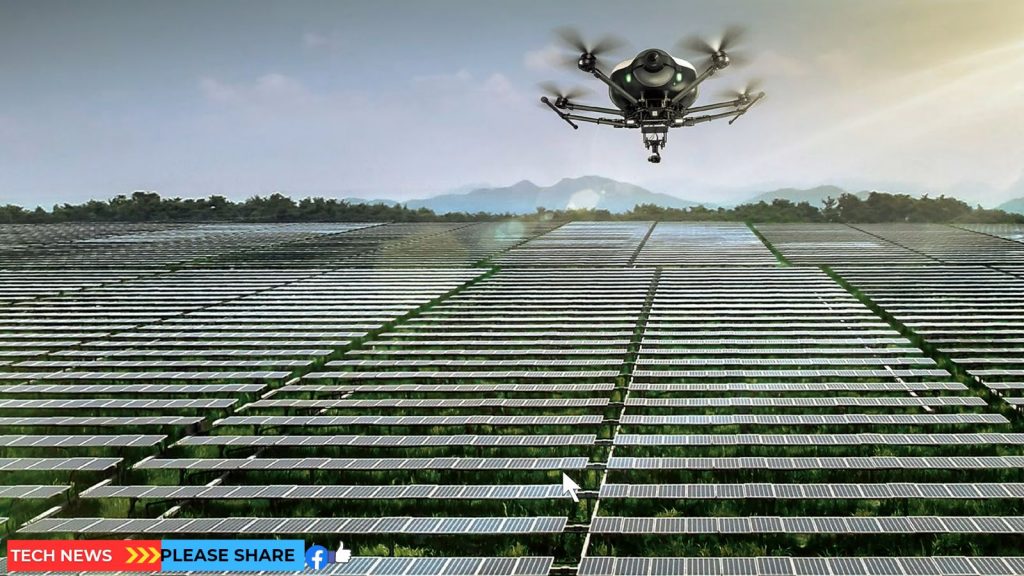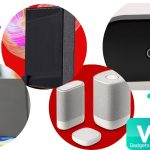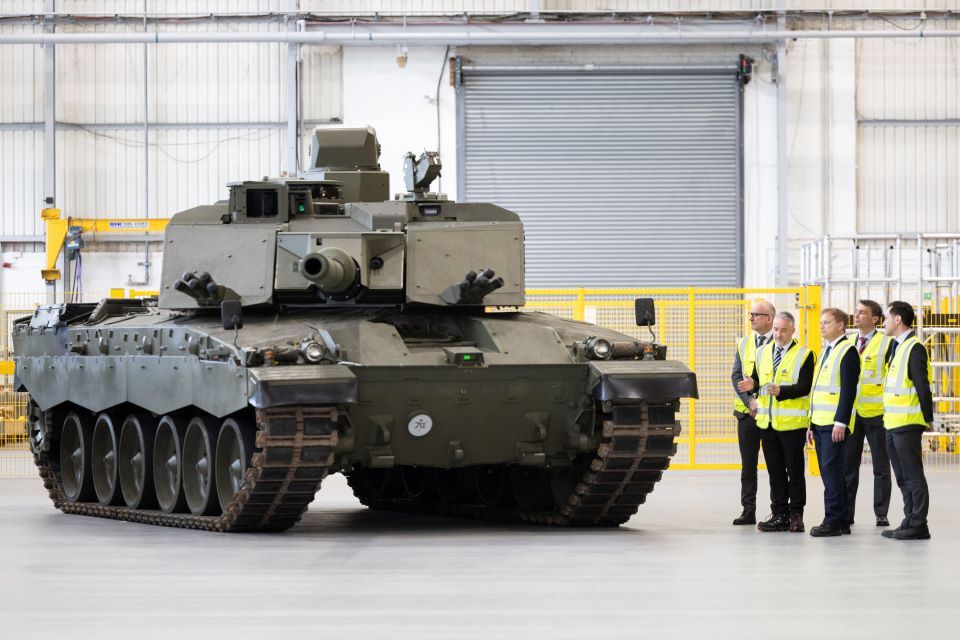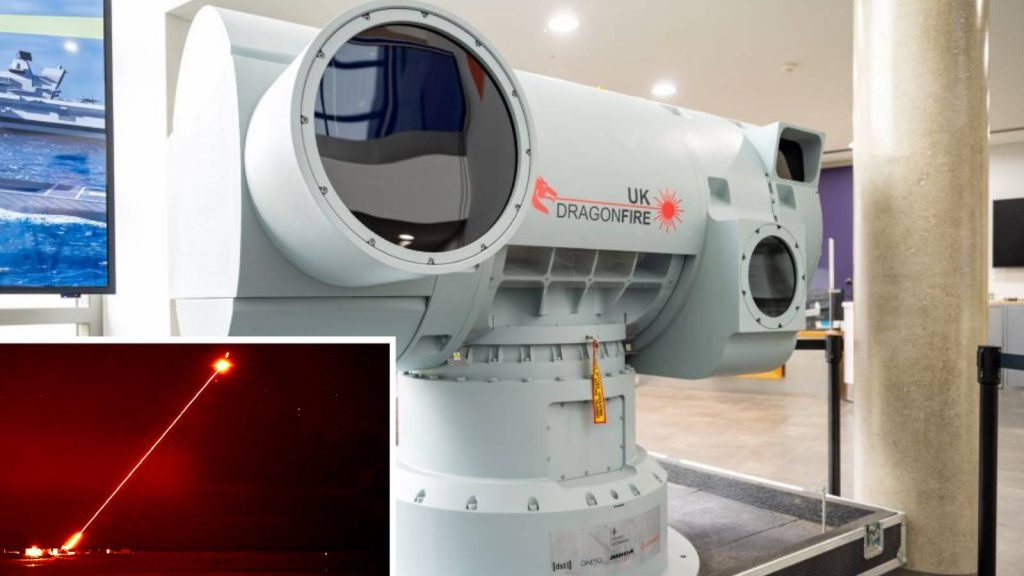Doosan Mobility Innovation has developed the world’s first commercialized hydrogen fuel cell power pack that delivers 4x the battery duration.
Doosan Mobility Innovation (DMI), a leader in hydrogen fuel cell technology, has developed the world’s first commercialized hydrogen fuel cell power pack that delivers breakthrough energy density. This means that drones equipped with the power pack can fly for up to 2 hours, which is about 4-5 times longer than drones powered by batteries.
The extended range of the hydrogen fuel cell power pack is making it possible for DMI to deliver global humanitarian relief. In 2021, the company’s drones transported masks and emergency supplies between the US Virgin Islands, which were hard-hit by Hurricane Dorian. The drones also delivered medical AEDs to the top of Mt. Hallasan, South Korea’s tallest mountain on Jeju Island.
DMI’s hydrogen fuel cell power pack is a significant breakthrough in drone technology. It opens up new possibilities for drone applications in a variety of industries, including inspection, surveillance, and delivery. The power pack is also environmentally friendly, as it produces no emissions other than water.
As the demand for long-range drones continues to grow, DMI is well-positioned to lead the market. The company has a strong track record of innovation, and its hydrogen fuel cell power pack is a clear example of its commitment to developing cutting-edge technology.
Here are some additional benefits of using hydrogen fuel cell power packs for drones:
- They are more reliable than battery-powered drones, as they are not susceptible to power loss due to low battery levels.
- They are safer than battery-powered drones, as they do not produce any flammable gases.
- They are more environmentally friendly than battery-powered drones, as they produce no emissions other than water.
DMI is currently working on developing even more advanced hydrogen fuel cell power packs for drones. These power packs will have an even longer range and greater energy density, making them even more suitable for a wider range of applications.
To achieve high-efficiency and high-energy density in the PDN, DMI selected Vicor PRM™ buck-boost regulators and a Vicor ZVS buck regulator. The PRMs support the up to 74V open-circuit voltage (OCV) of the hydrogen fuel cell stack and perform stable voltage regulation to 48V.






